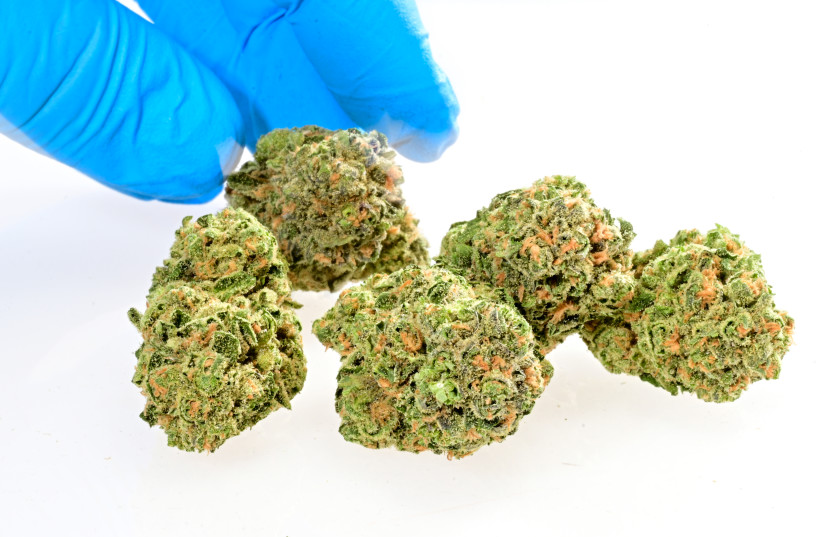Despite cannabis by-products being used to treat a number of health conditions, smoking cannabis may not be as healthy as some people think, according to a new study published on Wednesday.
The peer-reviewed study, published in the academic journal Environmental Health Perspectives, found that the third most used drug in the world may actually have some worrying health consequences.
Using data from the National Health and Nutrition Examination Survey (2005–2018), the researchers were able to analyze data from 7254 people. The participants were separated into groups of non-marijuana/non-tobacco, exclusive marijuana, exclusive tobacco, and dual marijuana and tobacco use. The blood of each person was tested for 5 metals and the urine tested positive for 16 metals along with their plasma mass spectrometry.
Drug use in the United States
As previously mentioned, cannabis is the third most used drug in the world with the first being tobacco and the second being alcohol. As of 2019, 48.2 million people, or 18% of Americans, reported using marijuana at least once within the last year.

Currently, medicinal cannabis is legal in 38 states across the US and recreational use of the drug is legal in 21 states. However, because the plant is still illegal at the federal level, the Food and Drug Administration (FDA) has not placed any controls on the production and sale of cannabis products.
The risk of unregulated cannabis
Adding to the risk of having an unregulated product available, the cannabis plant is a ‘hyperaccumulator’ of metals present in water, soil, fertilizers, and pesticides. This means that the plant absorbs a lot of metals from its environment.
Unfiltered smoke from cannabis can contain metals and metaloids which can expose users to a number of risks. In vape devices, the risk is significantly elevated.
The blood and urine of participants
Blood Cd and Pb levels were higher in participants reporting exclusive marijuana use, exclusive tobacco use, and dual use as compared with non-marijuana/non-tobacco use. Tobacco smoking is estimated to increase overall Cd exposure by 15%–30%, exclusive tobacco smokers had Cd levels 3 times higher than exclusive cannabis smokers. Similarly, exclusive tobacco users had 26% higher blood Pb levels than exclusive cannabis users.
“Pb is a heavy metal known to be detrimental to human health, particularly associated with adverse neurodevelopmental effects in children and cardiovascular disease in adults,” the researchers explained.
“We found that exclusive tobacco use was associated with higher blood levels of Cd and Pb; higher urinary levels of Sb, Ba, Cd, Pb, and U; and lower urinary levels of Mo compared with non-marijuana/non-tobacco use,” the researchers wrote. “Exclusive marijuana users who were females had higher blood and urinary Cd levels than males.”
Individuals who had smoked cannabis up to 30 days before the test had 22% higher rates of cadmium in their blood. Cadmium is a carcinogen and so can cause heart attacks and a variety of other conditions.
Blood levels of Hg were also higher amongst individuals who exclusively used cannabis.
“For both cadmium and lead, these metals are likely to stay in the body for years, long after exposure ends,” said Tiffany Sanchez to NBC, an author of the study and an assistant professor of environmental health sciences at Columbia's Mailman School of Public Health.
Sanchez explained that, while they didn’t look at the different methods of consuming cannabis, “The absorption rate from inhalation is 100%.”
"I know people who have gone to New York who will just see a dispensary and think, 'Oh, it’s legal here,'" said Jim Seaberg, assistant director of Drexel University’s Medical Cannabis Research Center, who was not involved in the new research. "But there are tons of illegal dispensaries popping up that are not regulated, that are not selling regulated, tested products."
